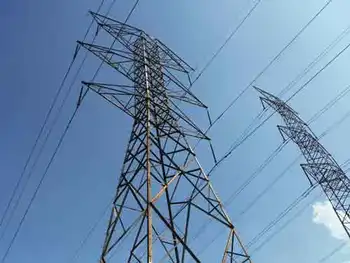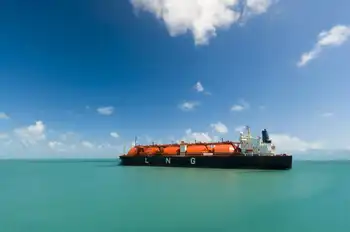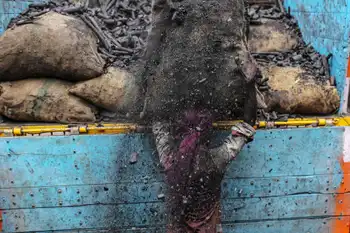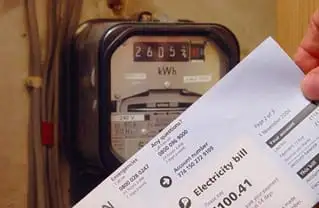EU, Africa team up to boost energy
VIENNA, AUSTRIA - The European Union has pledged to provide 100 million Africans with clean and sustainable energy by 2020.
The so-called Africa-EU Energy Partnership, launched in Vienna by high-ranking officials from the EU and the African Union, is intended to improve Africans' access to electricity and contribute to the continent's 2020 renewable energy targets.
"Today 1.6 billion people worldwide have no access to electricity, most of them in sub-Saharan Africa and Southern Asia," EU Development Commissioner Andris Piebalgs said in a statement. "Africa has a vast untapped renewable energy potential, ranging from hydro, to solar, wind, geothermal and biomass, which could be used to ensure millions of people access to electricity."
Austrian Foreign Minister Michael Spindelegger, in the opening speech of the conference, said better access to energy is "key to Africa's sustainable economic development."
The plan, funded by the EU with an initial $6.5 million, contains pledges to build 10,000 megawatts of hydropower, at least 5,000 MW of wind turbines, 500 MW of solar power facilities and raise energy efficiency.
Energy Commissioner Guenther Oettinger added the EU and the AU had agreed to boost cooperation to "bring access to modern and sustainable energy services to at least an additional 100 million Africans to double the capacity of cross-border electricity interconnections within Africa and between Africa and Europe and to double the use of natural gas in Africa."
In many African countries, fewer than 10 percent of the rural population has access to electricity. Most of these households burn kerosene, wood or charcoal for lighting and cooking, resulting in health problems due to indoor air pollution. Only around 7 percent of Africa's hydro power potential is exploited, and much less of its wind and solar energy potential.
This should worry Europe, the commission says.
Global challenges such as "energy security, energy access and climate change mean that the energy futures of Africa and Europe are increasingly tied together," Brussels writes in a brochure about the program, intended to boost European and African investments in Africa's energy infrastructure.
Oettinger lauded as exemplary the $500 billion industry initiative Desertec, which aims to power Africa's as well as Europe's homes with green electricity generated in deserts in Africa and the Middle East.
The scheme focuses on concentrated solar power and photovoltaic installations, while also integrating wind farms and biomass plants. The companies involved say Desertec could supply most of the local and up to 15 percent of Europe's electricity by 2050. They also promised the African states involved access to green technology.
Related News

B.C. ordered to pay $10M for denying Squamish power project
VANCOUVER - A B.C. Supreme Court judge has ordered the provincial government to pay $10.125 million after it denied permits to a company that wanted to build a run-of-the river power project near Squamish.
In his Oct. 10 decision, Justice Kevin Loo said the plaintiff, Greengen Holdings Ltd., “lost an opportunity to achieve a completed and profitable hydro-electric project” after government representatives wrongfully exercised their legal authority, a transgression described in the ruling as “misfeasance.”
Between 2003 and 2009, the company sought to develop a hydro-electric project on and around Fries Creek, which sits opposite the Brackendale neighbourhood on the other side…




